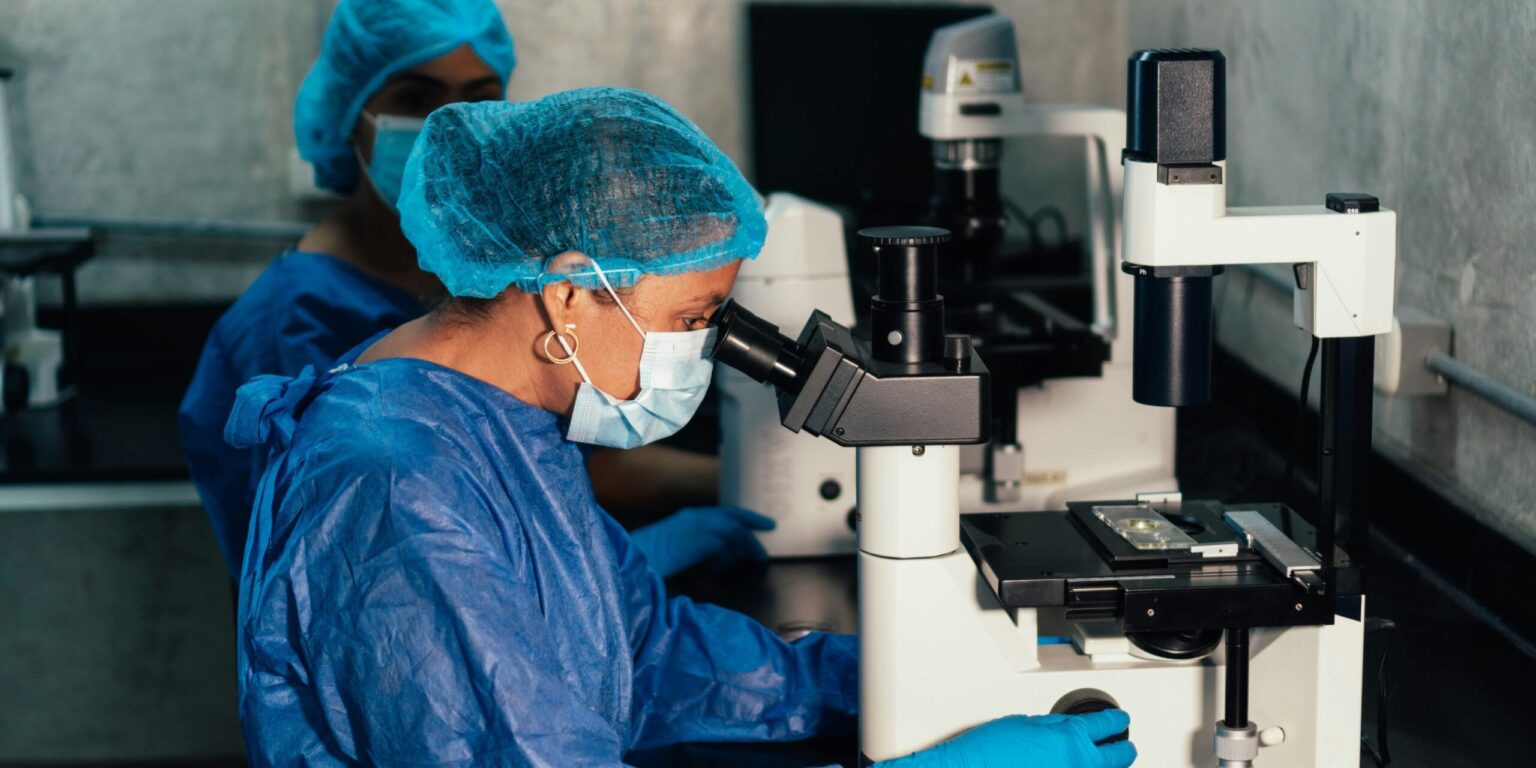Recent research into women’s health is revealing promising advancements that could delay or even eliminate menopause—a transformative shift in thinking that may reshape how society views aging and fertility.
Menopause, typically occurring around age 51, marks the end of a woman’s reproductive years. For generations, medical treatment has largely focused on alleviating symptoms such as hot flashes, mood swings, and insomnia. But a new frontier in reproductive medicine is emerging, aimed not just at managing symptoms but potentially preventing menopause itself.
Revolutionary Treatments on the Horizon
Scientists are exploring several groundbreaking treatments, including hormone therapies, ovarian tissue cryopreservation, stem cell interventions, and medications like rapamycin. These options aim to extend ovarian function, promote hormonal balance, and slow biological aging.
Ovarian tissue cryopreservation involves freezing slices of ovarian tissue at a young age for future reimplantation. Initially developed for cancer patients, this procedure is being reconsidered as a means to delay menopause. By reinserting the preserved tissue later in life, it may restore hormone production and even fertility.
Another focus is the use of drugs like rapamycin, an mTOR inhibitor known for its anti-aging properties. In animal studies, rapamycin has shown the ability to extend reproductive lifespan by slowing down the deterioration of ovarian follicles. Researchers hope this compound can be adapted safely for human use to postpone menopause.
Hormone replacement therapies are also evolving, with new protocols aiming to mimic natural hormonal rhythms and minimize side effects. These therapies not only ease menopause symptoms but may also offer protective benefits for bone density, cognitive function, and cardiovascular health when administered thoughtfully and early.
Rewriting the Reproductive Timeline
If successful, these innovations could dramatically extend the years a woman can remain fertile or hormonally balanced. That could benefit women choosing to have children later in life or those seeking prolonged physical and mental vitality. Moreover, it may delay the onset of chronic conditions linked to menopause, including osteoporosis, heart disease, and neurodegenerative disorders.
Supporters believe delaying menopause could empower women with more reproductive and health choices. “There’s an opportunity to reframe how we think about aging,” said one reproductive scientist. “We’re not just treating symptoms anymore. We’re asking: What if we could preserve the function of the ovaries for longer?”
Ethical and Social Considerations
While the science is exciting, it’s not without controversy. Experts raise concerns about the societal pressures these options may create. Could the ability to delay menopause fuel unrealistic expectations about youth and fertility? Might women feel coerced into undergoing elective procedures to remain competitive in workplaces or relationships?
There are also medical risks to consider. Reimplanting ovarian tissue, for example, carries a potential risk of reintroducing malignant cells in cancer survivors. Long-term use of hormone therapies or anti-aging drugs could present complications that researchers have yet to fully understand.
Furthermore, the financial and accessibility aspects cannot be ignored. Advanced treatments like cryopreservation are costly and currently only available at specialized clinics, potentially widening the health equity gap.
A Compassionate Approach to Change
Amid the excitement, many health professionals urge caution and empathy. Menopause, while often stigmatized, is a natural stage of life. The goal, they argue, should not be to pathologize it but to offer meaningful options for those who wish to maintain hormonal health for longer.
There is a growing call for a more respectful, individualized approach—one that balances innovation with personal choice and mental well-being. Education, open conversations, and compassionate care remain critical as society grapples with the implications of these advances.
The Future of Menopause Management
While still in its early stages, the effort to delay or eliminate menopause holds transformative potential. From better quality of life to extended fertility, these developments could redefine what it means to age as a woman in the 21st century.
Yet with innovation comes responsibility. As science moves forward, so too must ethical standards, regulatory frameworks, and public discourse. The next few years may not just revolutionize women’s health—they could shift societal perspectives on aging, vitality, and what it means to grow older with grace and autonomy.
